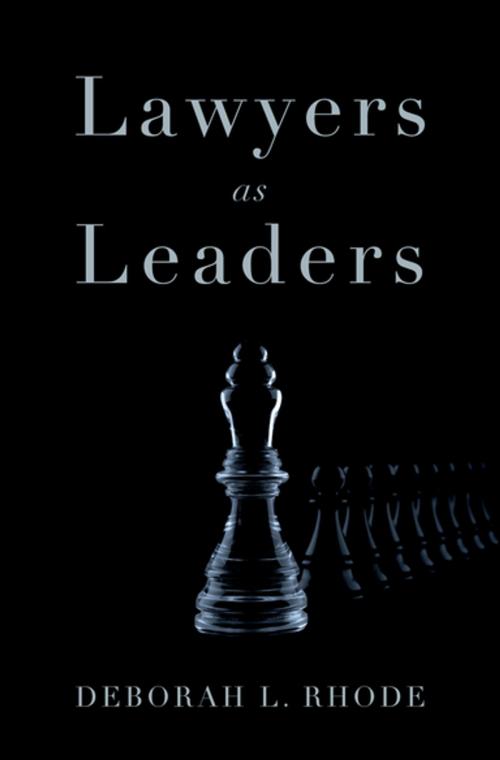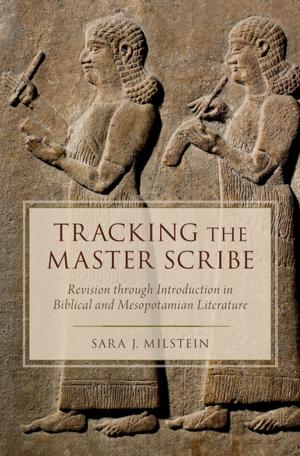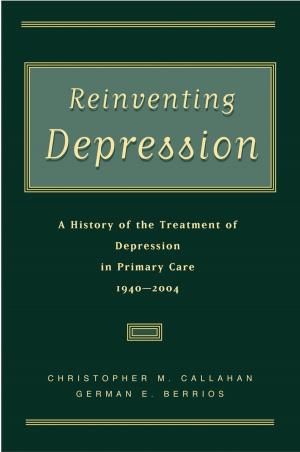| Author: | Deborah L. Rhode | ISBN: | 9780199329038 |
| Publisher: | Oxford University Press | Publication: | August 2, 2013 |
| Imprint: | Oxford University Press | Language: | English |
| Author: | Deborah L. Rhode |
| ISBN: | 9780199329038 |
| Publisher: | Oxford University Press |
| Publication: | August 2, 2013 |
| Imprint: | Oxford University Press |
| Language: | English |
No occupation in America supplies a greater proportion of leaders than the legal profession, yet it has done little to prepare them for this role. Lawyers sit at the helm of a vast array of powerful law firms, businesses, governmental, and nonprofit organizations. Two of the last three presidents have been lawyers. And yet almost no occupation rouses greater public distrust. This paradox raises two important questions: Why do we look to lawyers to lead, and why do so many of them prove to be so ill-prepared for that role? In Lawyers as Leaders, eminent law professor Deborah Rhode not only answers these questions but provides an invaluable overview for attorneys who occupy or aspire to leadership positions in public and private practice settings. Drawing on a broad range of interdisciplinary research, biographical profiles, and empirical studies, she covers everything from decision making, conflict management, and communication to ethics and diversity in leadership, and what lawyers can do to advance both their professional development and the public interest. Rhode contends that the legal profession attracts many people with the ambition and analytic capabilities to be leaders but often fails to develop other qualities that are essential to their effectiveness. Successful lawyers need to be confident, competitive, and even combative, but possessing such qualities often results in a lack of interpersonal sensitivity, emotional intelligence, and resilience-the "soft skills" that both legal education and the reward structure of legal practice consistently undervalue. The most successful leaders, Rhode argues, are those who can see past their own ambitions and retain a capacity for critical reflection on their performance. The first serious work on leadership and law, Lawyers as Leaders will prove essential to law students, law faculty, and lawyers holding or seeking governance positions.
No occupation in America supplies a greater proportion of leaders than the legal profession, yet it has done little to prepare them for this role. Lawyers sit at the helm of a vast array of powerful law firms, businesses, governmental, and nonprofit organizations. Two of the last three presidents have been lawyers. And yet almost no occupation rouses greater public distrust. This paradox raises two important questions: Why do we look to lawyers to lead, and why do so many of them prove to be so ill-prepared for that role? In Lawyers as Leaders, eminent law professor Deborah Rhode not only answers these questions but provides an invaluable overview for attorneys who occupy or aspire to leadership positions in public and private practice settings. Drawing on a broad range of interdisciplinary research, biographical profiles, and empirical studies, she covers everything from decision making, conflict management, and communication to ethics and diversity in leadership, and what lawyers can do to advance both their professional development and the public interest. Rhode contends that the legal profession attracts many people with the ambition and analytic capabilities to be leaders but often fails to develop other qualities that are essential to their effectiveness. Successful lawyers need to be confident, competitive, and even combative, but possessing such qualities often results in a lack of interpersonal sensitivity, emotional intelligence, and resilience-the "soft skills" that both legal education and the reward structure of legal practice consistently undervalue. The most successful leaders, Rhode argues, are those who can see past their own ambitions and retain a capacity for critical reflection on their performance. The first serious work on leadership and law, Lawyers as Leaders will prove essential to law students, law faculty, and lawyers holding or seeking governance positions.















